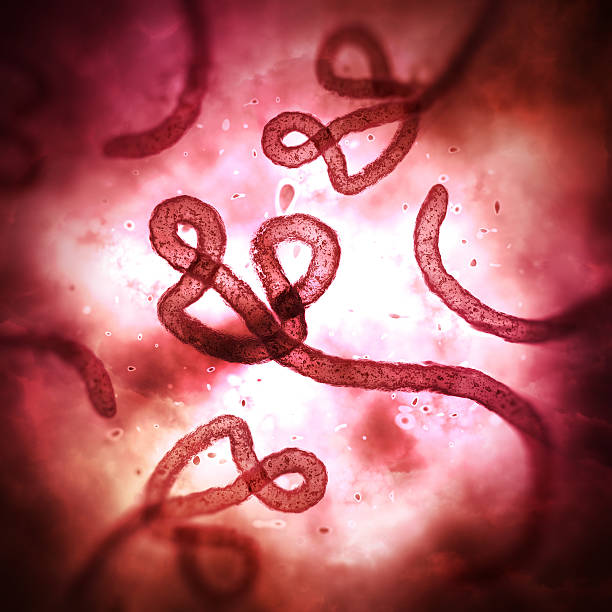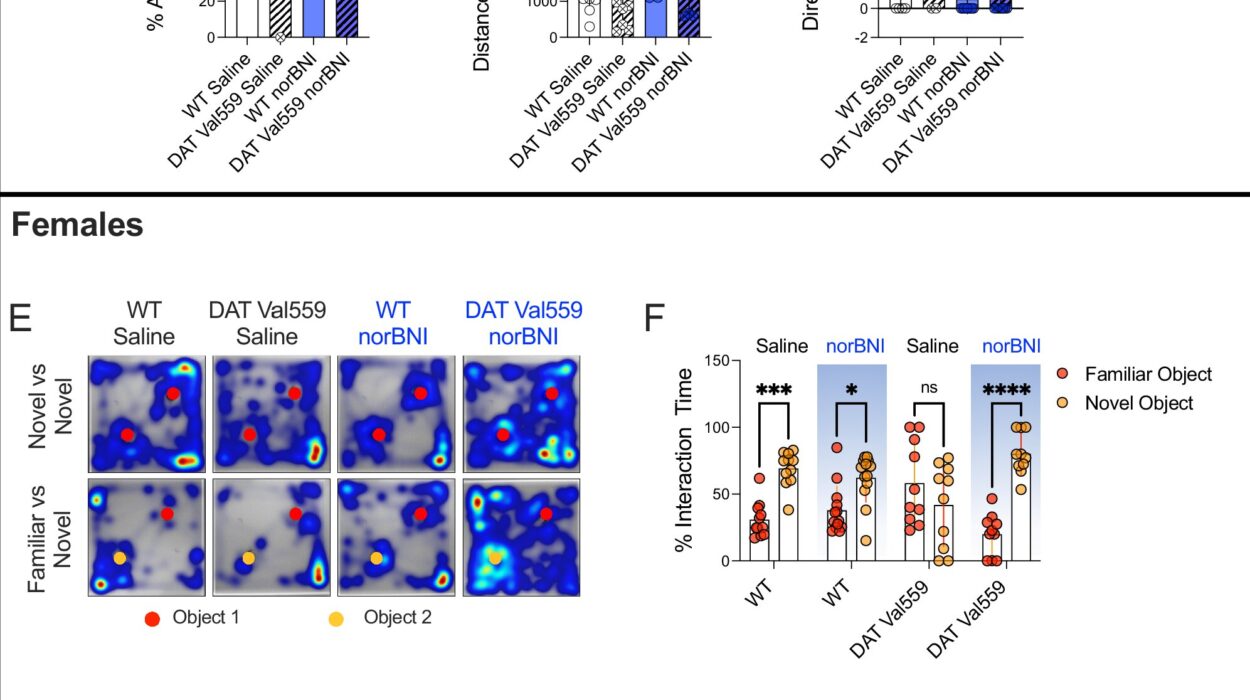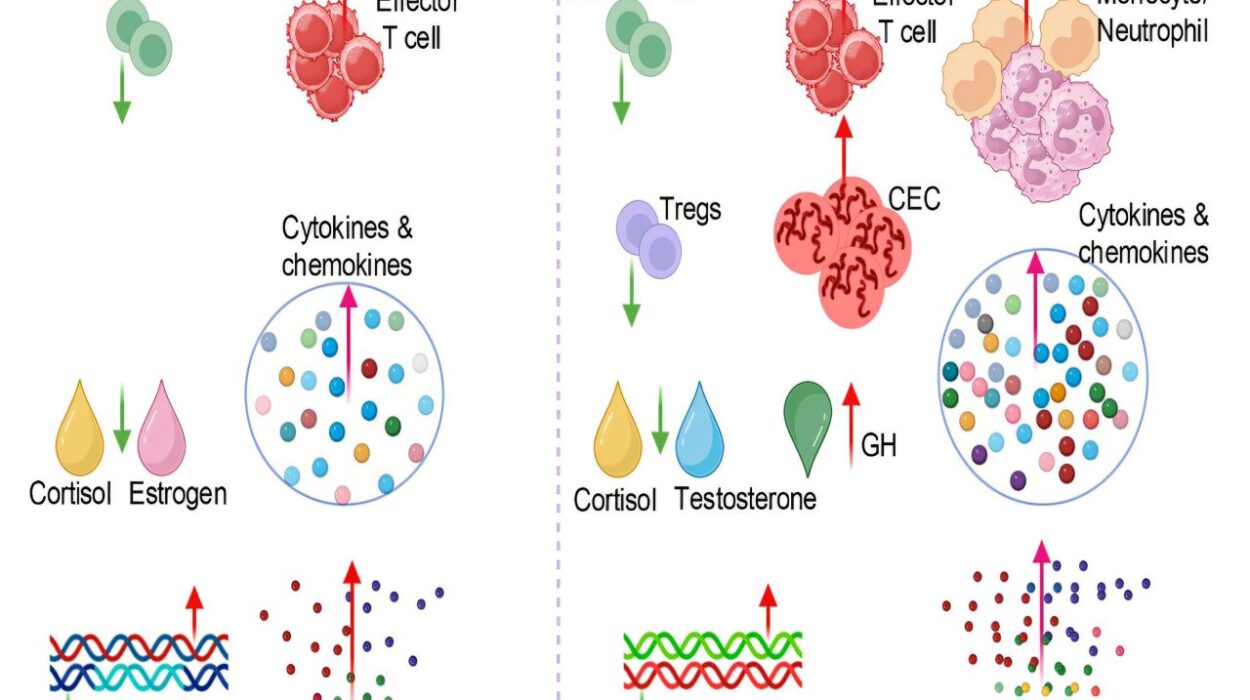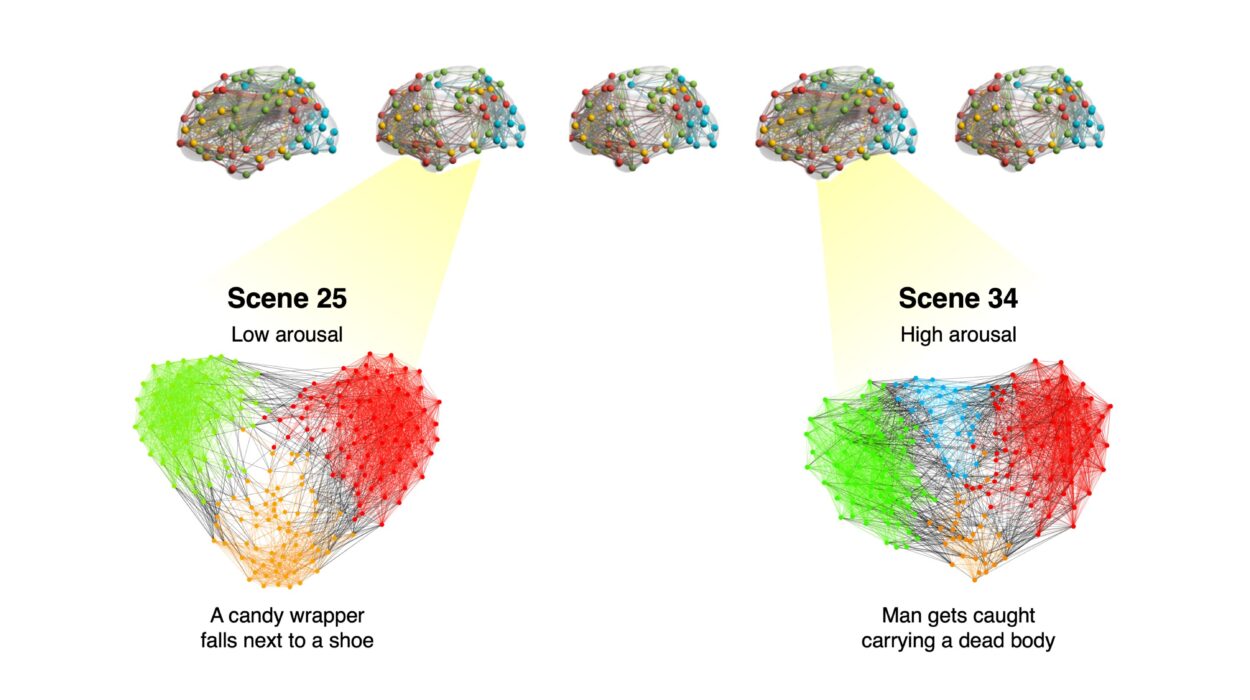You’re walking down the street on a warm summer evening when you hear it—the familiar jingle of an ice cream truck rolling around the corner. You haven’t seen it yet, and you’re not even hungry, but suddenly, your mouth waters. You can already taste the chocolate swirl or the tang of cherry ice. Why?
A new study out of Florida State University suggests the answer lies deeper in your brain than scientists ever imagined.
While it’s long been known that taste preferences are influenced by both biology and experience, researchers have discovered that a brain region not typically associated with flavor—the mediodorsal thalamus—is playing a surprisingly central role. Their findings, published in The Journal of Neuroscience, may not only help explain why we’re drawn to sweet treats over healthier options, but could also rewrite what we know about how the brain predicts and processes taste.
A New Player in the Brain’s Taste Symphony
Taste, as it turns out, isn’t just about taste buds. It begins there, but by the time your brain registers the flavor of something sweet or salty, the message has passed through a complex web of neurons stretching from the tongue to the cerebral cortex. That web has traditionally included areas like the gustatory cortex, the brain’s official “taste center.”
But this new research, led by neuroscientist Dr. Roberto Vincis at FSU, reveals that the mediodorsal thalamus—a region previously known for its role in decision-making, reward, and sensory integration—also responds to taste. And not just to the taste itself, but to the expectation of taste. In essence, this part of the brain is not only reacting to what you’re eating, it’s preparing for what you’re about to eat.
“The mediodorsal thalamus wasn’t on anyone’s radar when it came to processing taste,” said Vincis. “Our results show that it not only encodes taste quality—like sweet or salty—but also the cues that precede it, like sound. That gives us an entirely new framework for understanding food preference and decision-making.”
What the Brain “Hears” Before It Tastes
To unravel how the brain links anticipation and taste, the FSU team conducted a series of behavioral and neurological experiments using advanced imaging techniques. They monitored the activity of neurons in the mediodorsal thalamus as subjects were exposed to different sensory inputs: actual flavors (sweet, salty, bitter), and auditory cues that signaled upcoming tastes.
What they found was striking.
Certain neurons lit up only when the subject experienced a particular flavor. Others responded specifically to auditory cues—sounds that had become associated with sweet or bitter tastes. But perhaps most fascinating of all was a group of neurons that responded to both the sound and the flavor it predicted.
This is the brain forming expectations in real time. Like hearing the jingle of the ice cream truck and instantly anticipating the sugary goodness that follows.
“It was surprising to see how specialized these neurons were,” said Katherine Odegaard, postdoctoral researcher and first author on the study. “Some neurons cared only about the cue—others about the taste. But a select few seemed to encode the entire experience: the sound and the expected flavor. That kind of predictive processing could explain why it’s so hard to resist cravings once they’re triggered.”
Why It Matters for More Than Just Cravings
While most of us might relate to this science in terms of cheat days and snack runs, the implications are far-reaching. Understanding how the mediodorsal thalamus processes taste and expectation could help in diagnosing and treating taste disorders, which affect millions and can impact quality of life, especially among the elderly or people undergoing medical treatments like chemotherapy.
Moreover, the study helps clarify why our eating habits are so emotionally powerful and hard to change. Just one or two positive taste experiences—especially those that come with strong sensory cues like smell or sound—can leave a lasting imprint. This helps explain how we form deep-rooted preferences for comfort foods and how cravings can strike even in the absence of hunger.
“Taste is deeply tied to memory, mood, and behavior,” said Vincis. “The fact that the mediodorsal thalamus is involved in these higher-order processes and also now in taste, suggests there’s an overlap between how we experience food and how we make decisions around it.”
Taste Without Smell: A Chemical Revelation
One of the most surprising revelations in the study was that the mediodorsal thalamus processed taste in the absence of smell. While many of us know that smell enhances flavor, this finding shows that the brain can form detailed, graded interpretations of taste even without olfactory input.
Researchers found that the thalamic neurons not only distinguished between sweet, salty, and bitter, but could also differentiate concentration levels—like “a little sweet” versus “very sweet.” This kind of fine-tuned encoding suggests that the mediodorsal thalamus helps regulate taste intensity and possibly appetite, adapting our responses based on how strong the flavor is.
“This gives us a more dynamic picture of how taste is experienced,” Odegaard explained. “It’s not a static process—our brains are adjusting, predicting, and evaluating continuously.”
The Psychology of Prediction
The notion that our brains don’t just react to the world but anticipate it is gaining ground across neuroscience. This study adds compelling support to the idea that expectation is half of perception—that what we think is about to happen shapes how we actually experience it.
In terms of food, that means marketing, packaging, jingles, and even family traditions can activate neural pathways long before the food hits your tongue. If you’ve ever felt nostalgic for a meal just by smelling a certain spice or hearing a holiday song, your mediodorsal thalamus might be to thank.
What Comes Next?
Vincis and his team are already planning follow-up research to map out how this brain region interacts with the gustatory cortex and other sensory systems. There’s also interest in studying how this pathway differs in people with eating disorders or altered taste perception due to neurological conditions.
In the long term, this research could lead to new interventions—perhaps even therapies that help retrain the brain to modify unhelpful food associations, or to recover the joy of taste in those who’ve lost it.
For now, one thing is clear: the simple act of tasting is anything but simple. It’s a complex dance of chemistry, memory, and expectation, choreographed deep within the folds of the brain. And it all starts long before the first bite.
So next time a craving sneaks up on you, remember—your brain may already have heard the music, and the neurons are already preparing the feast.
Reference: Katherine E. Odegaard et al, Neural Processing of Taste-Related Signals in the Mediodorsal Thalamus of Mice, The Journal of Neuroscience (2025). DOI: 10.1523/JNEUROSCI.1500-24.2025






